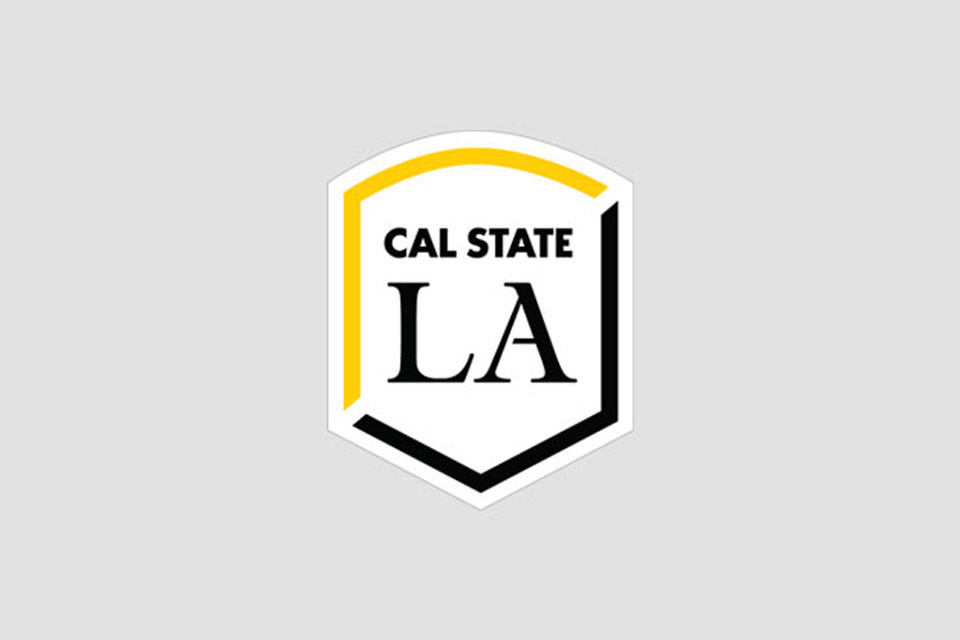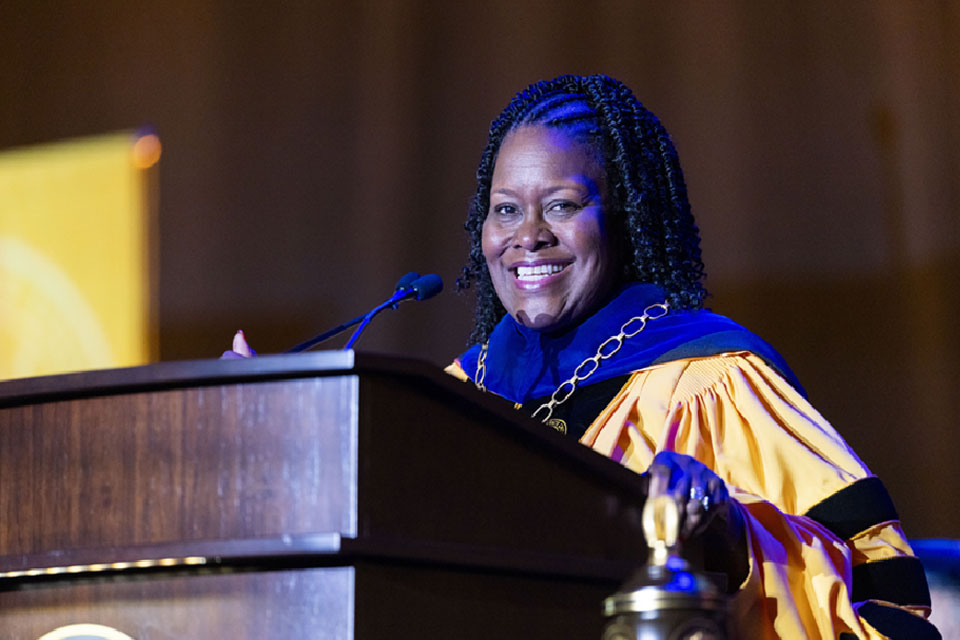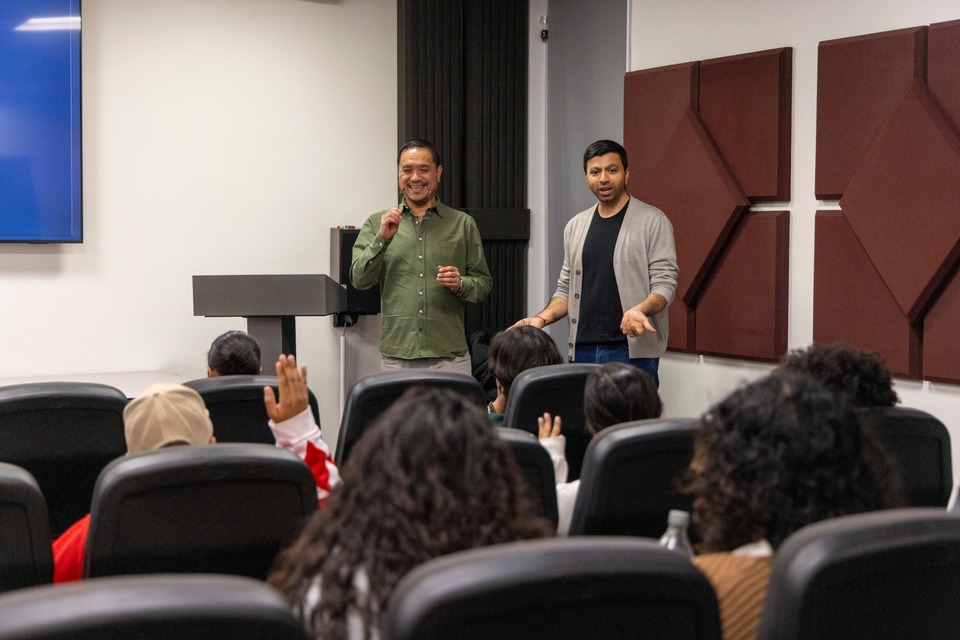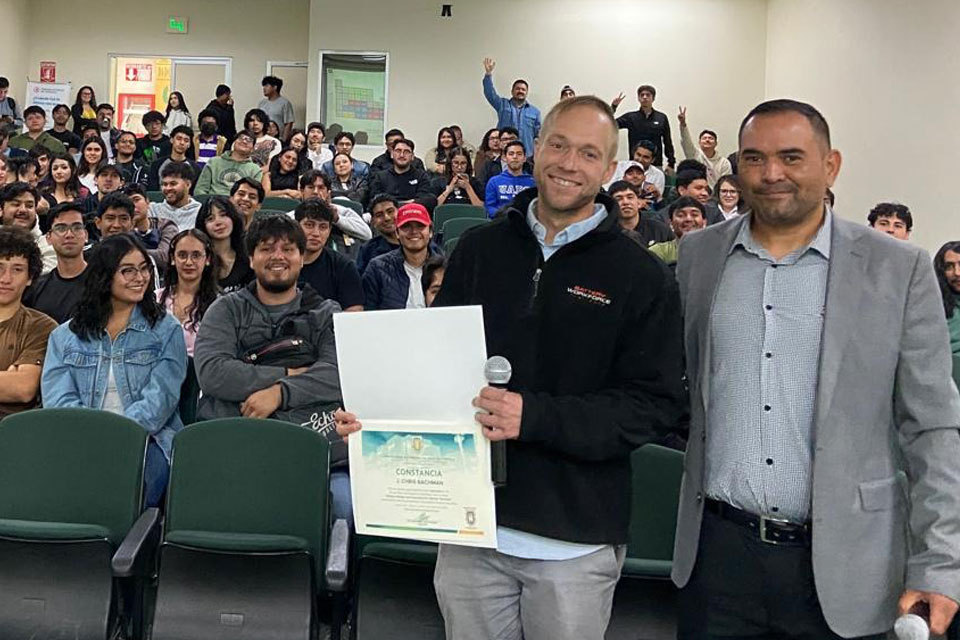To address California’s growing need for computer science teachers in grades K-12, Cal State LA’s Department of Computer Science has launched the Computer Science Supplementary Authorization (CSSA) Program.
The online program, offered through the university’s College of Engineering, Computer Science, and Technology, and College of Professional and Global Education, is for K-12 practicing credentialed teachers, and school or district administrators in public or private schools with an interest in computer science. The broad nature of the curriculum also makes it applicable to other students seeking to further their knowledge in teaching computer science.
Led by Co-Directors Eun-Young Elaine Kang and David A. Krum, who both developed the program’s curriculum, the CSSA Program at Cal State LA is launched in collaboration with the Los Angeles Unified School District (LAUSD) and the Montebello Unified School District (MUSD).
Each district secured funding from the California Commission on Teacher Credentialing’s (CTC) Computer Science Supplementary Authorization Incentive Grant. LAUSD received $150,000 to train three cohorts of 20 LAUSD teachers and MUSD received $375,000 to train three cohorts of 50 MUSD teachers, providing $2,500 per participating teacher.
“This summer, the CSSA Program successfully launched at Cal State LA with 14 LAUSD teachers, primarily from grades K-8,” said Kang, chair of the Department of Computer Science. “The collaborations with the LAUSD and the MUSD will increase the level of participation in the months and years ahead, so that teachers can deliver their new knowledge and be better prepared to teach computer science in their classrooms.”
The CSSA Program meets the standards set by the CTC and is designed for practicing teachers in the community with an interest in adding a CSSA certification to enhance their credentials.
The online classes are taught by industry experts and Cal State LA instructors to equip the teachers in developing, implementing, and adapting curricula that promote foundational skills in computational thinking, and problem solving through software. Topics addressed include computational thinking, computing practice and programming, computer and communication devices, and the impacts of computing.
Individuals can choose from one of two options of the supplementary authorization program: Introductory Supplementary Authorization and Specific Supplementary Authorization. Participants can complete their program within one year.
“We hope to offer the CSSA Program statewide through additional collaborations with school districts and directly to educators and administrators,” said Krum, assistant professor of computer science. “Ongoing academic investment to increase the number of teachers knowledgeable in computer science is beneficial not only to them but to today’s students as they prepare to enter college.”
For information regarding the program and courses, please visit the CSSA Program’s webpage or contact David Krum at dkrum@calstatela.edu. For registration assistance, please contact the College of Professional and Global Education’s Student Services office at 323-343-4900 or pagestudents@calstatela.edu.
# # #
California State University, Los Angeles is the premier comprehensive public university in the heart of Los Angeles. Cal State LA is ranked number one in the United States for the upward mobility of its students. Cal State LA is dedicated to engagement, service, and the public good, offering nationally recognized programs in science, the arts, business, criminal justice, engineering, nursing, education, and the humanities. Founded in 1947, the University serves more than 26,000 students and has more than 250,000 distinguished alumni.
Cal State LA is home to the critically-acclaimed Luckman Fine Arts Complex, Pat Brown Institute for Public Affairs, Hertzberg-Davis Forensic Science Center, Hydrogen Research and Fueling Facility, Billie Jean King Sports Complex and the TV, Film and Media Center. For more information, visit www.CalStateLA.edu.





